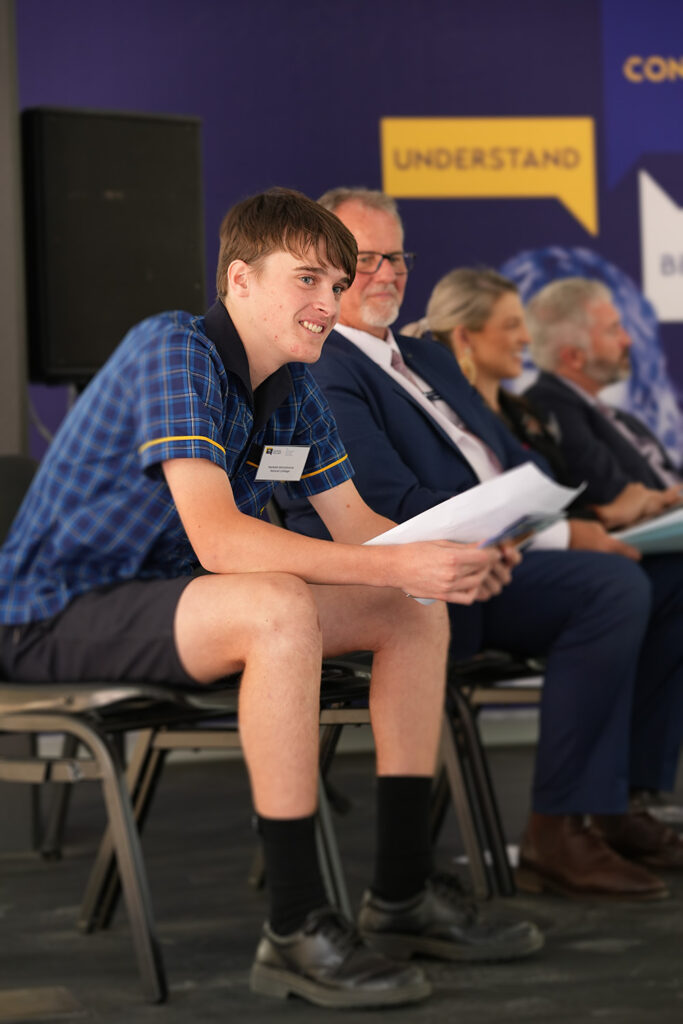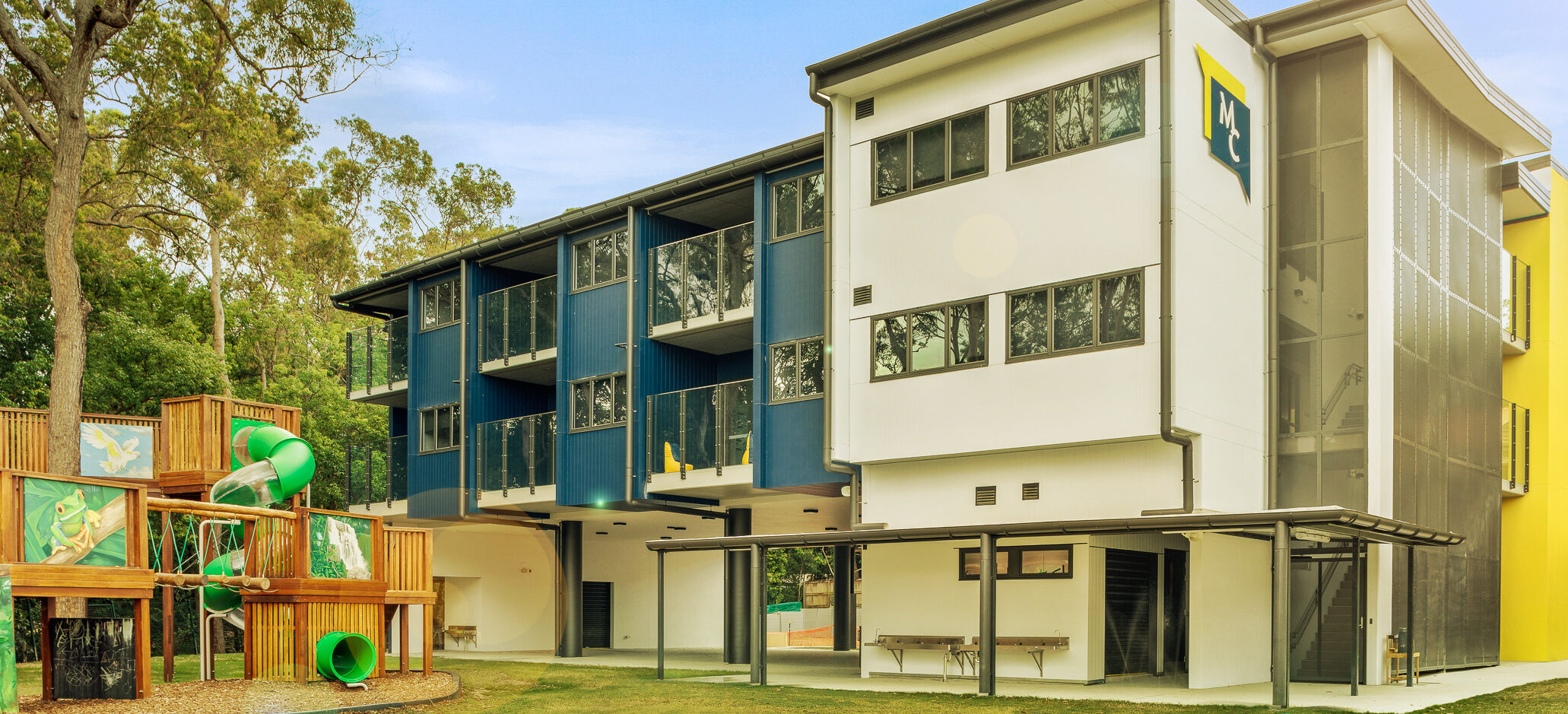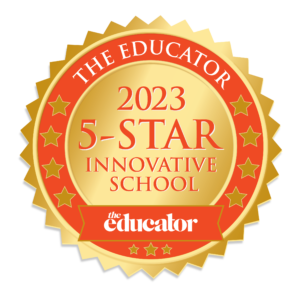- The Mancel College difference
Our College
Mancel College fosters a holistic approach to delivering high-quality, differentiated and individualised learning, ensuring all students with a Language Disorder can achieve success.
Our College - Enrolments
Enrolments
Our Enrolments Team will assist you with understanding our eligibility criteria and guide you to begin an enquiry for enrolment here at Mancel College.
Enrolments at Mancel CollegeApplication Form
If the Mancel College program shows potential appropriateness for your Child, the Enrolments Team will invite you to submit a formal application.
Application FormTour & Explore
Come and meet our talented team of teachers, therapists and supporting staff dedicated to helping our students achieve extraordinary outcomes.
Tour and Explore Mancel College - Language Disorder Australia
- Bright Door clinics
Our College
Mancel College fosters a holistic approach to delivering high-quality, differentiated and individualised learning, ensuring all students with a Language Disorder can achieve success.
We deliver the Australian Curriculum through evidence-based practice, encompassing contemporary approaches in both the educational and allied health disciplines.
Our multi-disciplinary team of teachers and allied health professionals plan and deliver lessons collaboratively, supporting individual student development. Each class is supported by a school assistant.
Early intervention in the acquisition of language is critical in building key competencies to support academic, social and emotional learning. Our classes are organised into age-appropriate bands and reflect a high adult-to-student ratio, with an average of 12 students in each class. This means we can cater to a variety of needs and abilities within bands and students are learning together with their same-age peers.
Our buildings, grounds and learning spaces are designed to be aesthetically appealing, functional, flexible and technology-focused. This provides our students with the exceptional opportunity to grow, develop and flourish as individuals and be part of a community we know as Mancel College.






